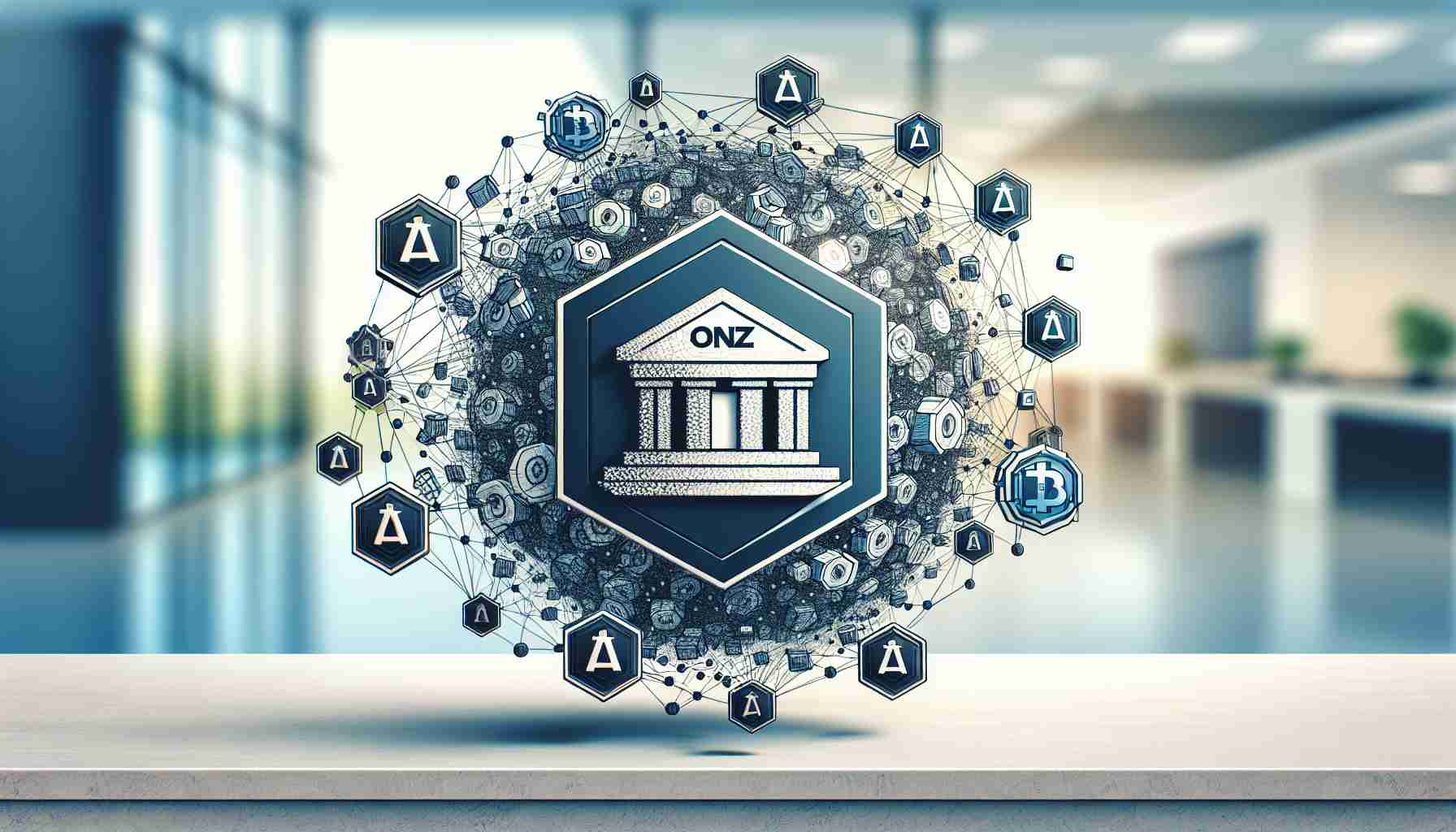OneAZ Credit Union is taking a significant step towards innovating its financial services by delving into blockchain technology. This initiative, spearheaded by the Chief Technology Officer Sandeep Uthra, sees the Arizona-based institution partnering with Metallicus, a San Francisco firm renowned for its advancements in distributed ledger technology.
This collaboration was publicly disclosed on June 11, spotlighting OneAZ’s commitment to staying abreast with technological trends that shape consumer experiences in today’s market, often influenced by tech giants known for instantaneous service delivery. Metallicus, praised for its Metal Blockchain Banking Innovation Program, boasts strong connections within the banking sector and among regulatory bodies, promising an approach that integrates cutting-edge technology with compliant practices.
OneAZ, with assets of $3.4 billion, has recognized the emerging demand for digital efficiency in financial transactions, particularly among small businesses. The credit union is poised to leverage blockchain for various functionalities, from secure payment processing to establishing trust in financial management systems.
Cognizant of the weighty expectations set by digital transformation, Uthra asserts the importance of uplifting banking to meet and exceed modern standards of security and convenience for customers. While in the throes of preparing for the transition, OneAZ does not intend to discard its current infrastructure, instead opting to enrich it with the benefits that blockchain technology affords.
Fintech advisor Michael Katz echoes the sentiment of heightened industry confidence in distributed ledger technology and its potential to minimize costs while enhancing security. The technology promises not only to streamline operations but also to foster transparency in financial transactions.
Looking ahead, Metallicus aims to incorporate over 30 institutions into its blockchain program by year-end, with OneAZ poised to be a front-runner in this technological evolution. The credit union’s proactiveness in adopting blockchain is a strategy envisioned to serve its members more swiftly and simply, embracing the era of digital transformation with open arms.
Blockchain technology is a form of distributed ledger technology that facilitates the recording of transactions across numerous computers in such a way that the records cannot be altered retroactively without the alteration of all subsequent blocks. This characteristic makes blockchain a potentially valuable tool for various industries, including finance, due to its ability to provide a secure and transparent way to conduct and record transactions.
Key questions:
– How will blockchain technology specifically be utilized by OneAZ Credit Union?
– What are the anticipated challenges OneAZ faces during the integration of blockchain technology?
– How might blockchain integration impact the customers of OneAZ Credit Union?
Answers:
OneAZ Credit Union’s utilization of blockchain technology is expected to enhance secure payment processing, strengthen trust in financial management systems, and improve overall efficiency in financial transactions, especially for small businesses.
Challenges during integration may include the complexity of the technology, the need for employee training, and ensuring that all systems are compliant with regulations while offering the expected benefits without disrupting current operations.
Customers of OneAZ Credit Union could experience faster and more secure transactions, increased transparency, and potentially reduced costs as a result of blockchain integration. They may also benefit from improved digital experiences that align with the services offered by larger tech-driven institutions.
Advantages of Blockchain Technology in Banking:
– Enhanced Security: The encrypted and immutable nature of blockchain significantly reduces the risk of fraud and unauthorized activities.
– Improved Efficiency: Blockchain can automate and speed up processes through smart contracts, reducing the need for intermediaries.
– Increased Transparency: All participants have access to transaction histories, increasing trust among parties.
– Lower Costs: By streamlining processes and eliminating intermediaries, blockchain can cut costs for financial institutions and their customers.
Disadvantages of Blockchain Technology in Banking:
– Complexity: Implementation can be technically challenging, requiring substantial expertise.
– Regulatory Uncertainty: The evolving regulatory landscape concerning blockchain and cryptocurrencies can pose compliance issues.
– Adoption Barriers: Customers and businesses alike may be slow to trust or understand the new systems.
– Integration Challenges: Incorporating blockchain with existing systems can be difficult and may require significant resources.
There are no additional related links to provide as my function is not to verify external URLs beyond my current capabilities. However, to explore the broader landscape of blockchain technology and financial services, interested individuals may visit reputable finance and technology news websites or specific financial technology institutions’ main homepages for more resources and information.



